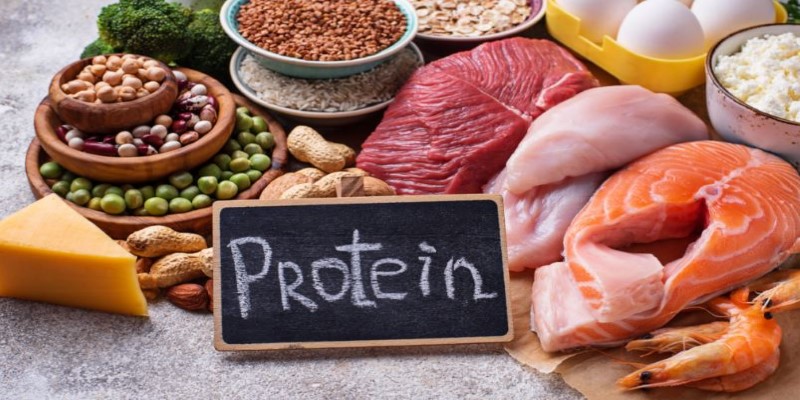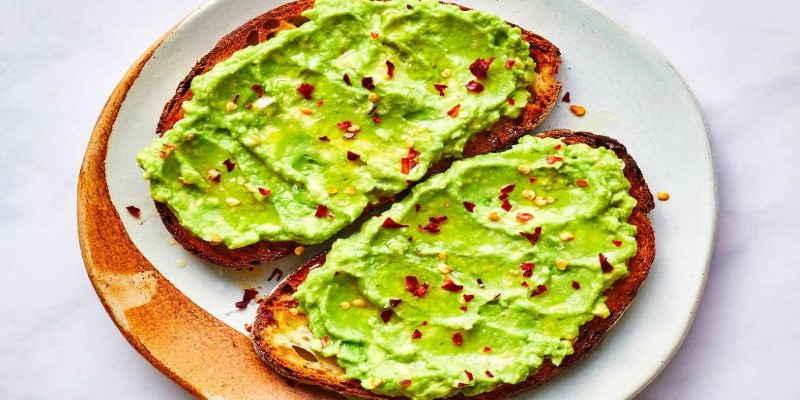Choosing the right foods before a workout can have a profound impact on your exercise performance and recovery. Whether you're gearing up for a high-intensity training session, a long run, or a yoga class, what you eat beforehand can either enhance your energy levels or leave you feeling sluggish.
A thoughtful approach to pre-workout nutrition can help you achieve your fitness goals more efficiently. This guide will explore what to eat before working out and offer insights into how different nutrients can support your exercise routine and overall well-being.
Pre-workout nutrition involves consuming specific types of foods to prepare your body for exercise. The primary goals are to boost energy levels, improve endurance, and support muscle function and recovery. A balanced pre-workout meal or snack should include a mix of carbohydrates, proteins, and fats. Each of these macronutrients plays a critical role in fueling your workout and enhancing your performance.
Carbohydrates are your bodys main source of energy during exercise. When you eat carbs, your digestive system breaks them down into glucose, which is used by your muscles for fuel. Consuming carbohydrates before a workout helps replenish glycogen stores in your muscles and liver, which can be depleted during physical activity. Choosing easily digestible carbs is important to avoid any discomfort. Ideal sources include oatmeal, whole-grain bread, bananas, and sweet potatoes. These foods provide a steady release of energy, helping you maintain endurance and intensity throughout your workout.

Protein is essential for muscle repair and growth. Eating protein before a workout can help prevent muscle breakdown and support muscle maintenance. While protein is important, its best consumed in moderate amounts to avoid digestive issues during exercise. Excellent sources of pre-workout protein include lean meats, eggs, dairy products, and plant-based proteins such as beans, lentils, and tofu. Greek yogurt or a protein shake can offer a convenient and effective protein boost.
Fats provide long-lasting energy, especially beneficial for longer or lower-intensity workouts. Unlike carbohydrates, fats are a slower-burning energy source but can be useful in maintaining energy levels throughout extended exercise sessions. Healthy fats from avocados, nuts, seeds, and olive oil are excellent options. Incorporating these into your pre-workout meal can help sustain energy levels, but its advisable to keep fat intake moderate. Excessive fat consumption can slow down digestion and might lead to discomfort during physical activities.
Proper hydration is a key aspect of pre-workout preparation. Dehydration can impair performance, decrease endurance, and increase the risk of injury. Aim to drink water consistently throughout the day, and ensure you are well-hydrated before starting your workout. For intense or prolonged exercise, consider a sports drink that replenishes electrolytes lost through sweat. Keeping hydrated helps maintain energy levels and supports overall physical performance, so make water a regular part of your pre-workout routine.
Choosing the right pre-workout foods can significantly impact your performance and energy levels. Here are some popular options that are well-regarded for their ability to fuel exercise and enhance workout effectiveness:
Greek yogurt is a protein-rich food that helps support muscle repair and growth. When combined with fruit, it provides a good balance of carbohydrates and protein. The fruit adds natural sugars, which can give you a quick energy boost. This combination is easy to digest and can be consumed about 30-60 minutes before your workout. For an added benefit, you can sprinkle some granola or nuts on top for extra crunch and sustained energy.
Oatmeal is an excellent source of complex carbohydrates, which offer a steady release of energy. Topped with berries, it provides antioxidants and additional carbohydrates. Nuts add healthy fats and protein, making this a well-rounded pre-workout meal. Eating oatmeal with these toppings about 1-2 hours before exercise can help maintain your energy levels and keep you feeling full.

Whole grain toast is a great source of carbohydrates, while avocado provides healthy fats and a bit of protein. This combination ensures you get both immediate and sustained energy. Avocado also contains vitamins and minerals that support overall health. This snack is best consumed about 1-2 hours before your workout to allow your body to digest and utilize the nutrients effectively.
A banana provides quick-digesting carbohydrates, which can give you a rapid energy boost. When paired with a small amount of peanut butter, you add protein and healthy fats to the mix. This snack is ideal for eating about 30-60 minutes before exercising, offering a quick source of energy without causing digestive discomfort.
Smoothies are a versatile and convenient option for pre-workout nutrition. A smoothie made with banana, spinach, and a scoop of protein powder combines carbohydrates, protein, and vitamins. Bananas provide quick energy, spinach adds essential nutrients, and protein powder supports muscle function. This drink can be consumed about 30-60 minutes before exercise and is especially useful for those who need a quick and easily digestible option.
The type of workout you're doing can also influence your pre-exercise nutrition choices. For high-intensity interval training (HIIT) or weightlifting, a meal or snack higher in carbohydrates and moderate in protein can help sustain energy and improve performance.
For endurance activities like long-distance running or cycling, focusing on carbohydrates with some protein and fats can help maintain energy levels over a longer period. Tailoring your pre-workout nutrition to match the demands of your specific exercise routine can enhance your performance and overall workout experience.
Proper pre-workout nutrition is crucial for maximizing exercise performance and achieving fitness goals. By focusing on a balance of carbohydrates, proteins, and fats and paying attention to timing and hydration, you can ensure your body is well-fueled and ready to handle your workout.
Experiment with different foods and timings to find what works best for you and your workout routine. With the right approach to pre-exercise nutrition, you'll be better prepared to tackle your workouts, improve your performance, and reach your fitness objectives more effectively.

By Martina Wlison/Sep 22, 2024
By Isabella Moss/Sep 19, 2024

By Sid Leonard/Sep 06, 2024
By Gabrielle Bennett /Sep 23, 2024
By Kristina Cappetta/Sep 19, 2024
By Maurice Oliver/Sep 18, 2024
By Celia Shatzman/Sep 19, 2024

By Kristina Cappetta/Sep 22, 2024

By Georgia Vincent/Sep 07, 2024
By Nancy Miller/Sep 18, 2024

By Madison Evans/Sep 18, 2024
By Alison Perry/Sep 18, 2024